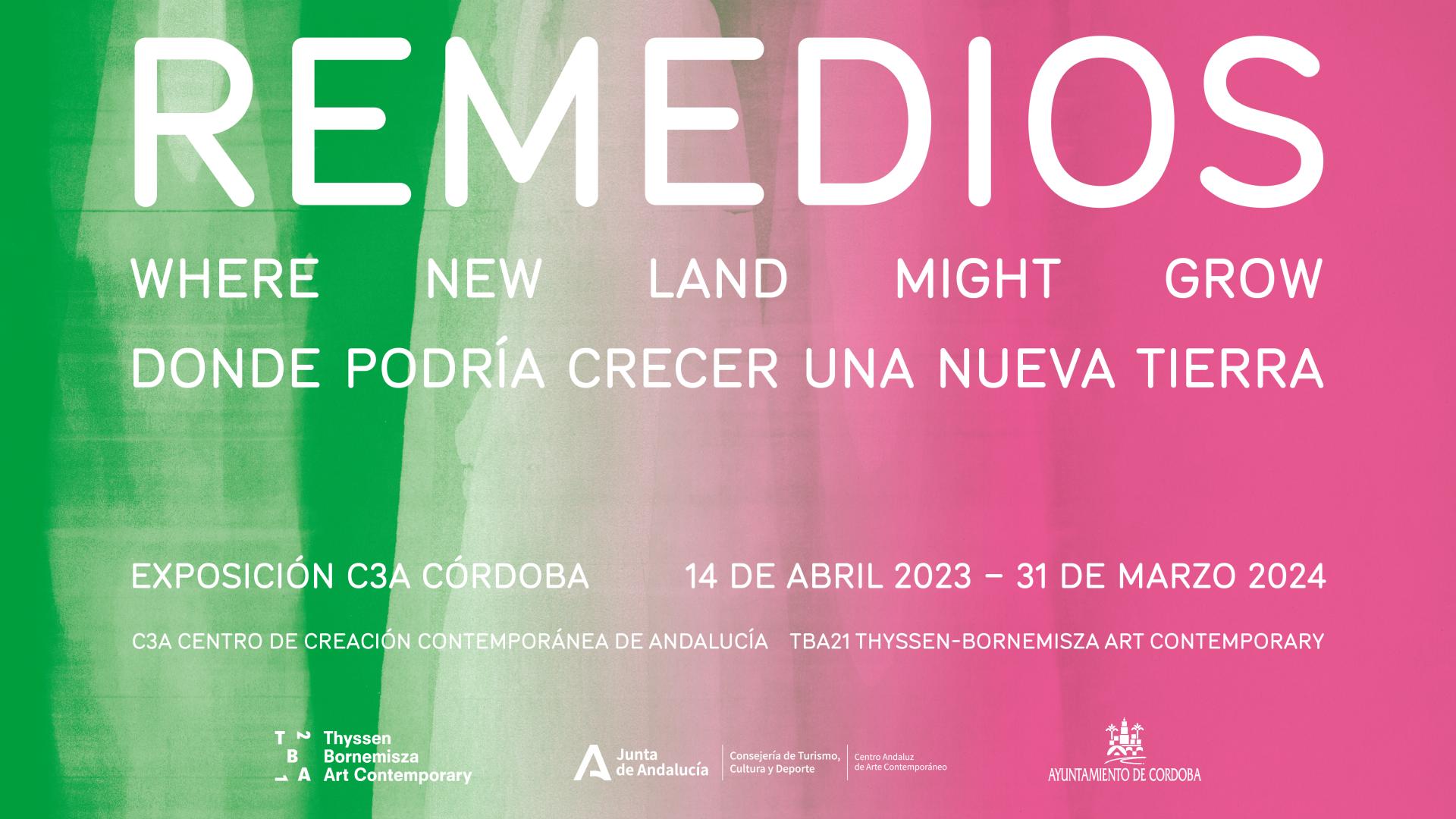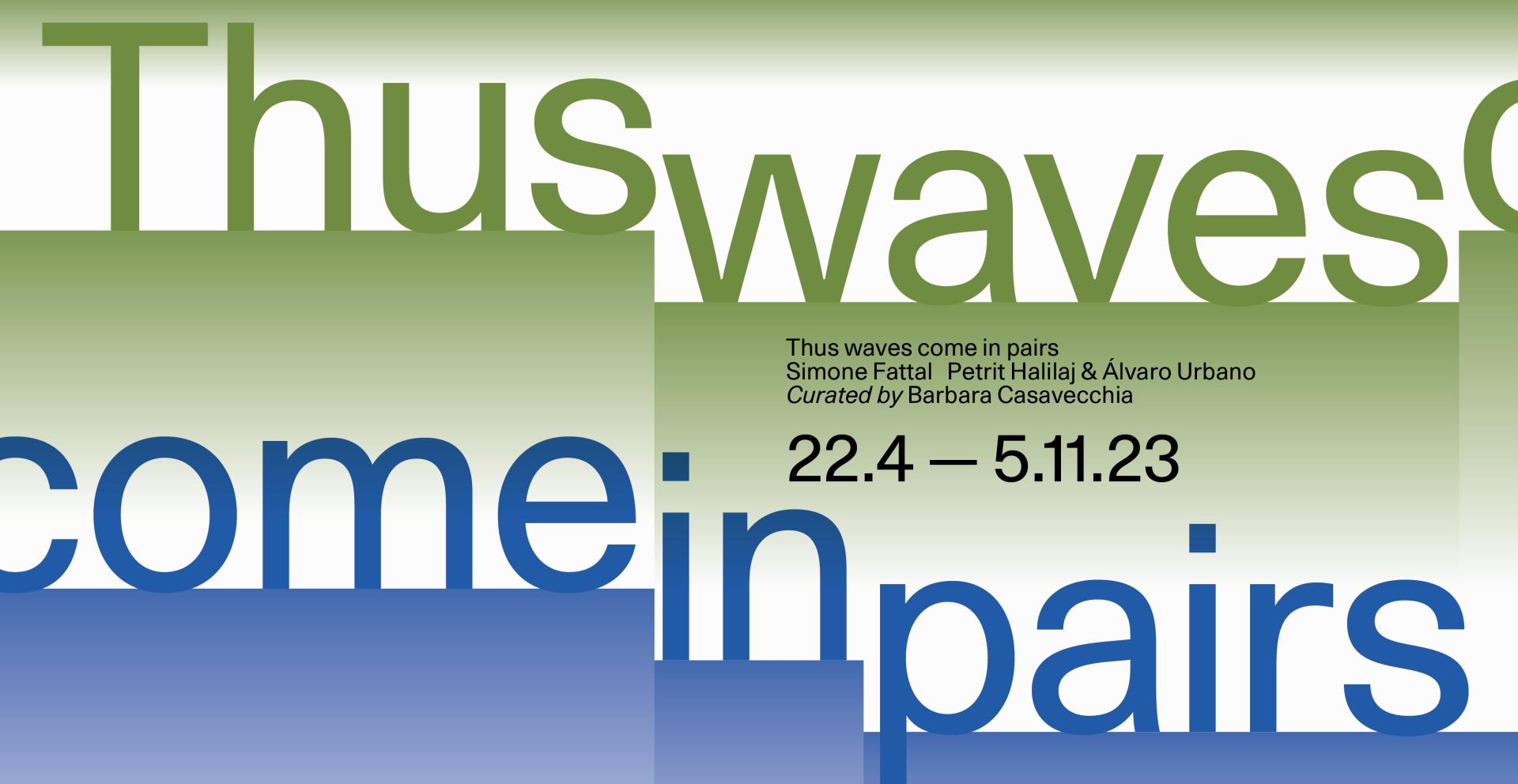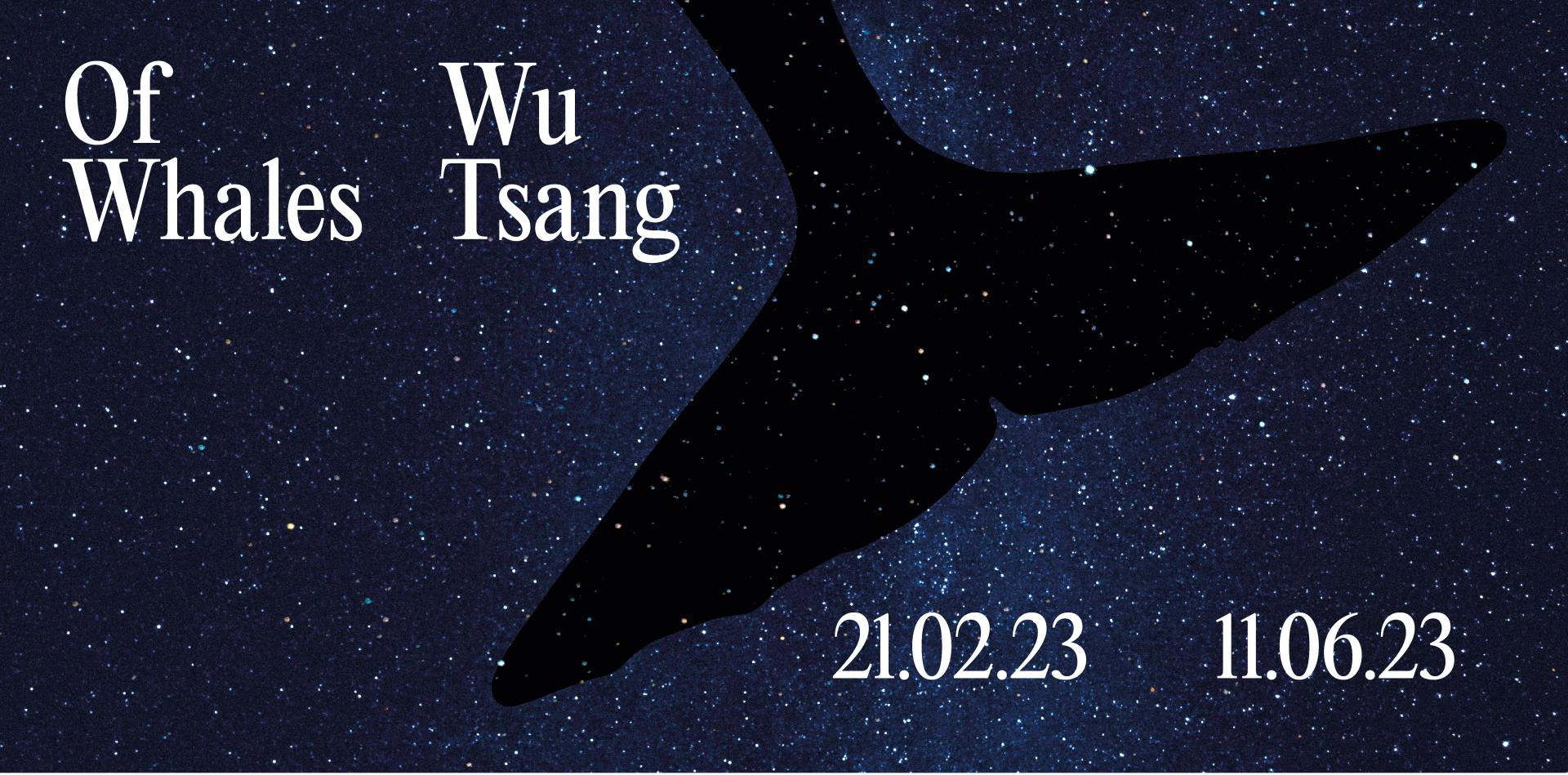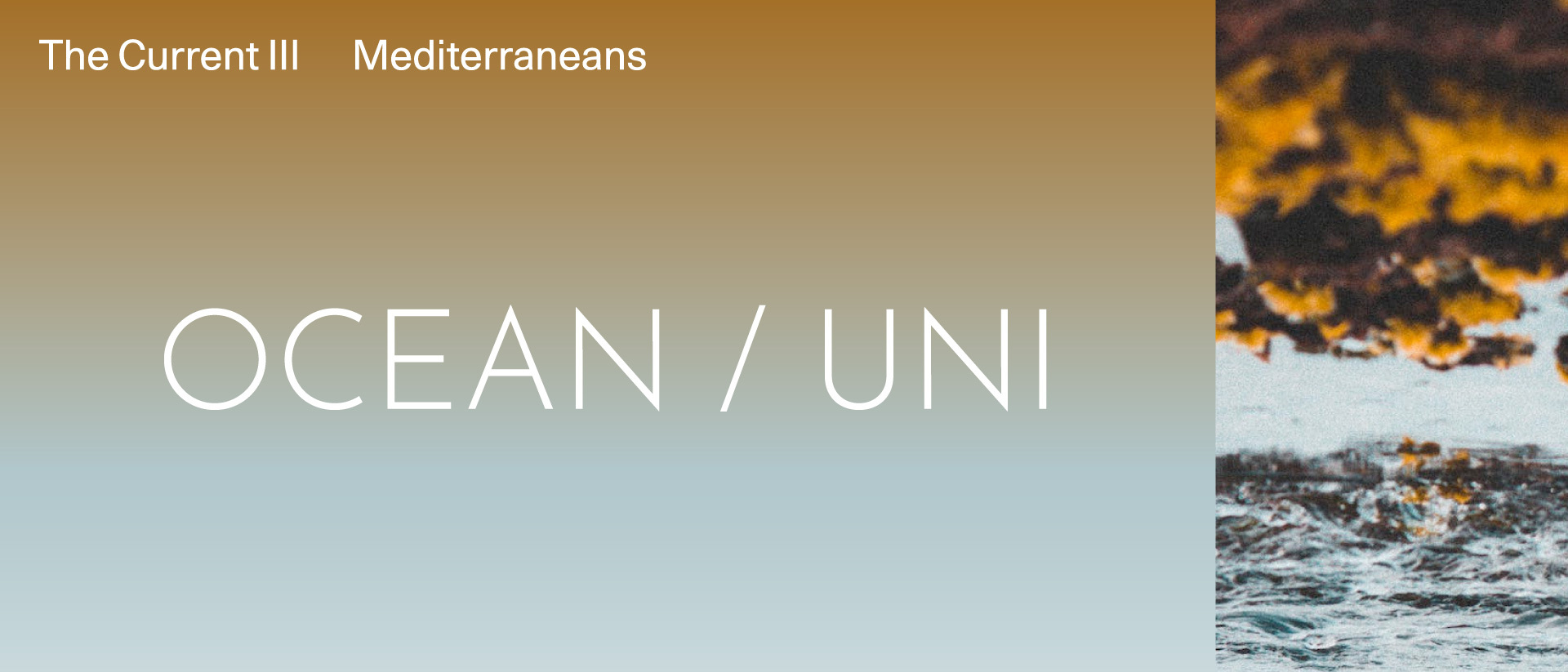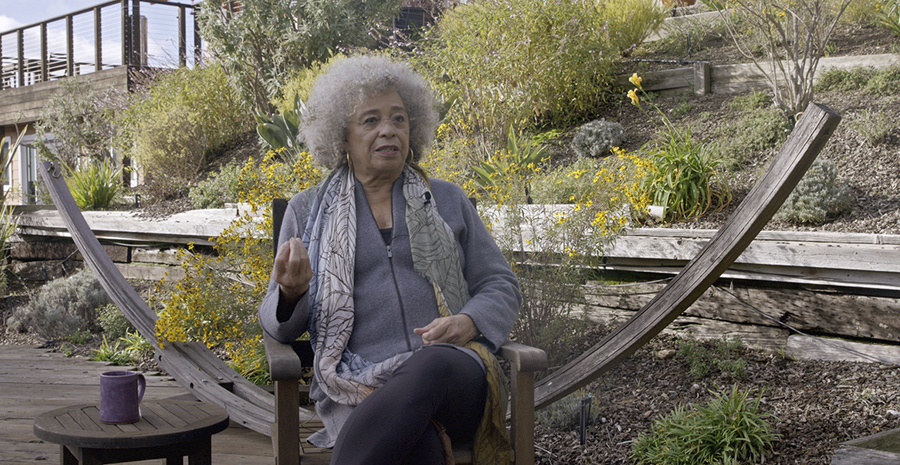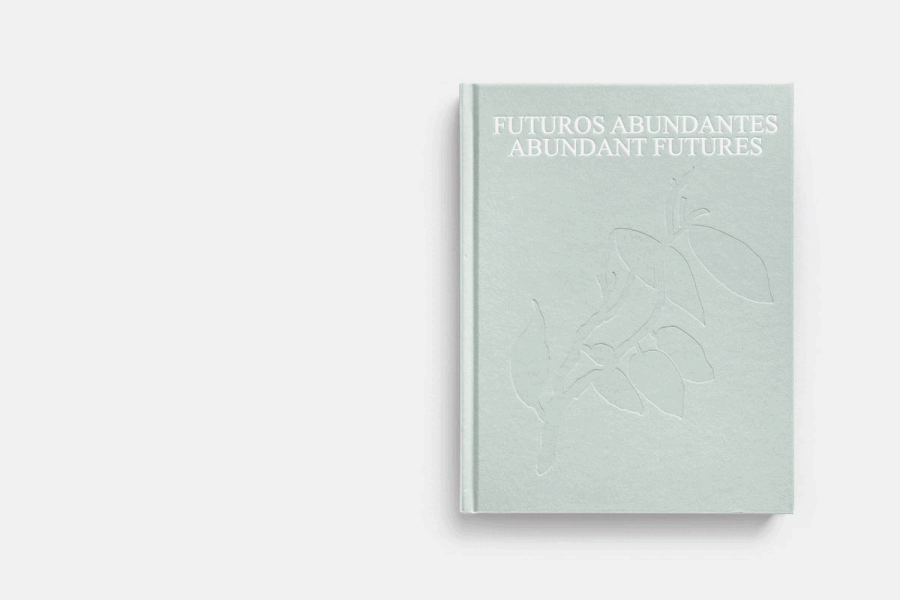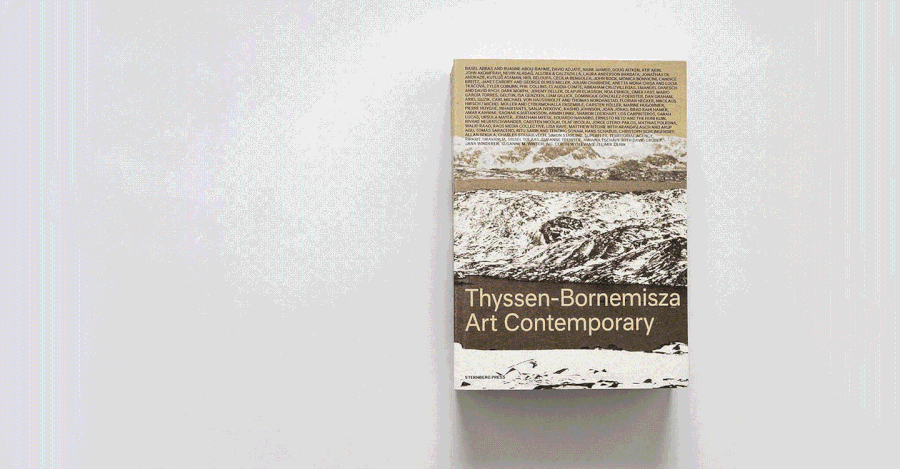Untitled, from white ethnography series, 2019
Paulo Nazareth
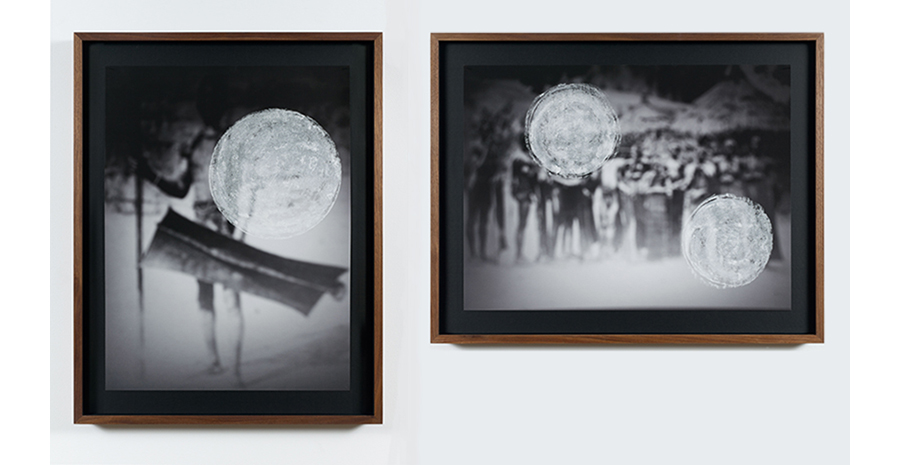
Photo: Courtesy the artist and Mendes Wood DM, São Paulo, Brussels, New York
Photo: Courtesy the artist and Mendes Wood DM, São Paulo, Brussels, New York
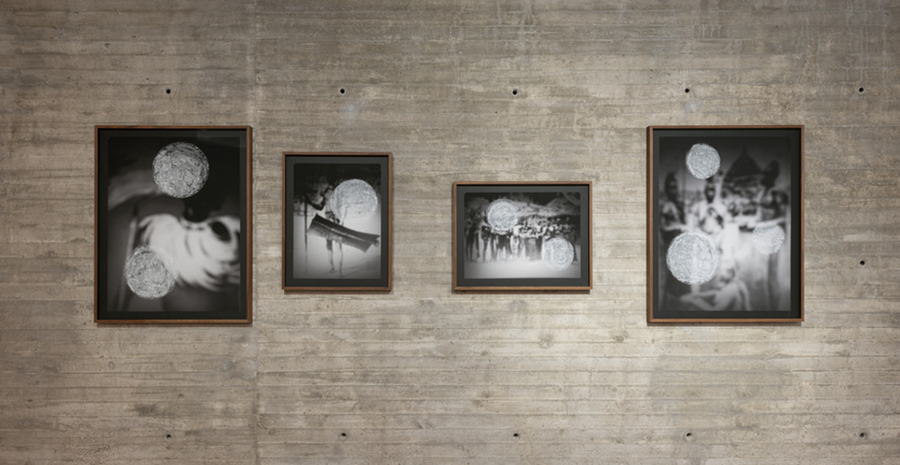
Installation view: Abundant Futures. Works from the TBA21 Collection, Centro de Creación Contemporánea de Andalucía C3A, Córdoba, Spain, 2022
Photo: Roberto Ruiz
Photo: Roberto Ruiz
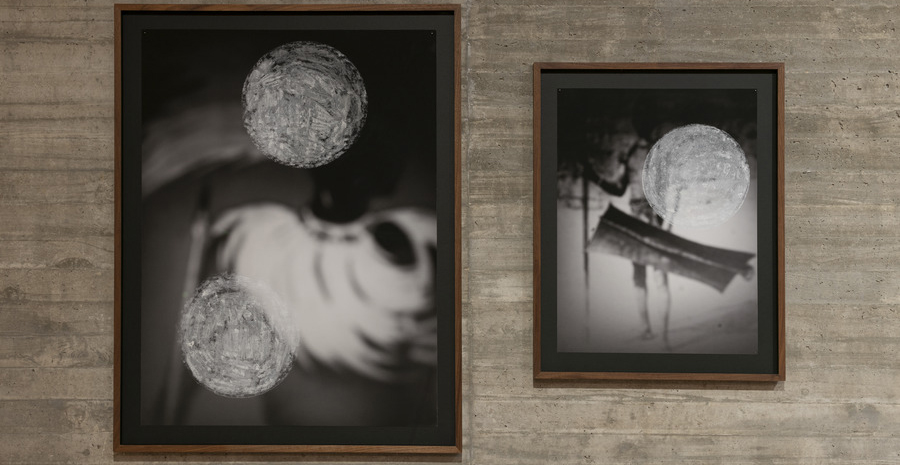
Installation view: Abundant Futures. Works from the TBA21 Collection, Centro de Creación Contemporánea de Andalucía C3A, Córdoba, Spain, 2022
Photo: Roberto Ruiz
Photo: Roberto Ruiz
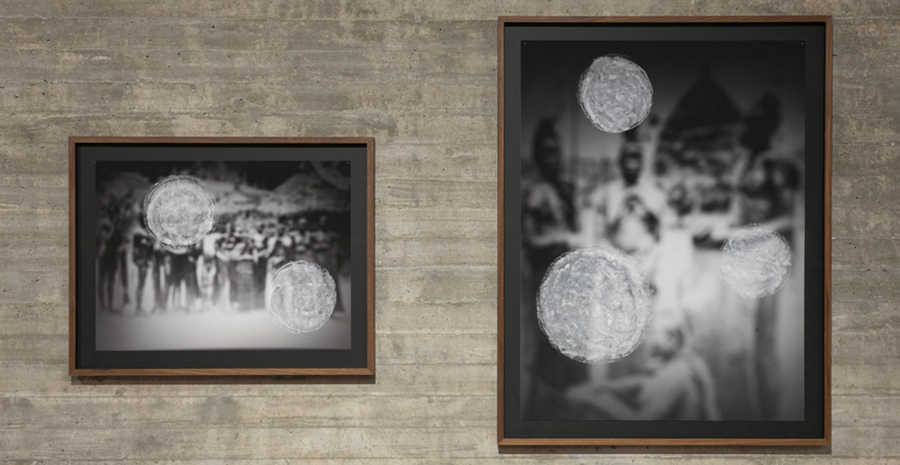
Installation view: Abundant Futures. Works from the TBA21 Collection, Centro de Creación Contemporánea de Andalucía C3A, Córdoba, Spain, 2022
Photo: Roberto Ruiz
Photo: Roberto Ruiz
Collection
Four efun prints on cotton paper
101 x 78.5 x 4 cm (framed)
101 x 78.5 x 4 cm (framed)
70.8 x 55.8 x 4 cm (framed)
55.8 x 70.8 x 4 cm (framed)
The peripatetic Brazilian artist Paulo Nazareth draws on his joint African and Indigenous heritage to perform restorative gestures that aim to restitute neglected histories of the Global South. In the “white ethnography series,” Nazareth collected black-and-white portraits of African communities from the internet. He then printed these on cotton paper, a support referencing the cotton trading routes, resource extraction in the African colonies, and plantation slavery. Faded, illegible, and de-individualized portraits emerge through the process of printing on cotton paper: neither faces nor objects, postures, and settings can be clearly identified as their contours and traits remain out of focus. The images are further obfuscated by white circles hand-drawn with efun, a chalk used for various cultural purposes in the Olukumi community. The process of veiling images depicting a specific Black subjectivity generates a sense of opacity that problematizes the concept of transparency in ethnographic research.
In Poetics of Relation (1990), poet and philosopher Édouard Glissant speaks of opacity as a tool for resisting approaches to knowledge that argue for the transparency of the “other”—a patronizing act that reduces the singularity and complexity of the subject, encouraging his/her objectification and subjection. The “white ethnography series” opens a critical reflection on the representation of Black persons and the residues of a colonial gaze stemming from and reinforcing Western cultural, geopolitical, and financial hegemony. Nazareth reverses a white ethnographic project by reclaiming and restoring images charged with colonial, scientific, and cultural memory.
PAST LOANS
Group exhibition: Abundant Futures
Venue: C3A Centro de Creación Contemporánea de Andalucía, Córdoba
Curator: Daniela Zyman
Exhibition 1 April 2022 - 5 March 2023
101 x 78.5 x 4 cm (framed)
101 x 78.5 x 4 cm (framed)
70.8 x 55.8 x 4 cm (framed)
55.8 x 70.8 x 4 cm (framed)
The peripatetic Brazilian artist Paulo Nazareth draws on his joint African and Indigenous heritage to perform restorative gestures that aim to restitute neglected histories of the Global South. In the “white ethnography series,” Nazareth collected black-and-white portraits of African communities from the internet. He then printed these on cotton paper, a support referencing the cotton trading routes, resource extraction in the African colonies, and plantation slavery. Faded, illegible, and de-individualized portraits emerge through the process of printing on cotton paper: neither faces nor objects, postures, and settings can be clearly identified as their contours and traits remain out of focus. The images are further obfuscated by white circles hand-drawn with efun, a chalk used for various cultural purposes in the Olukumi community. The process of veiling images depicting a specific Black subjectivity generates a sense of opacity that problematizes the concept of transparency in ethnographic research.
In Poetics of Relation (1990), poet and philosopher Édouard Glissant speaks of opacity as a tool for resisting approaches to knowledge that argue for the transparency of the “other”—a patronizing act that reduces the singularity and complexity of the subject, encouraging his/her objectification and subjection. The “white ethnography series” opens a critical reflection on the representation of Black persons and the residues of a colonial gaze stemming from and reinforcing Western cultural, geopolitical, and financial hegemony. Nazareth reverses a white ethnographic project by reclaiming and restoring images charged with colonial, scientific, and cultural memory.
PAST LOANS
Group exhibition: Abundant Futures
Venue: C3A Centro de Creación Contemporánea de Andalucía, Córdoba
Curator: Daniela Zyman
Exhibition 1 April 2022 - 5 March 2023
FIND MORE
Born in Governador Valadares, Brazil, in 1977. Lives in Santa Luzia, Brazil



